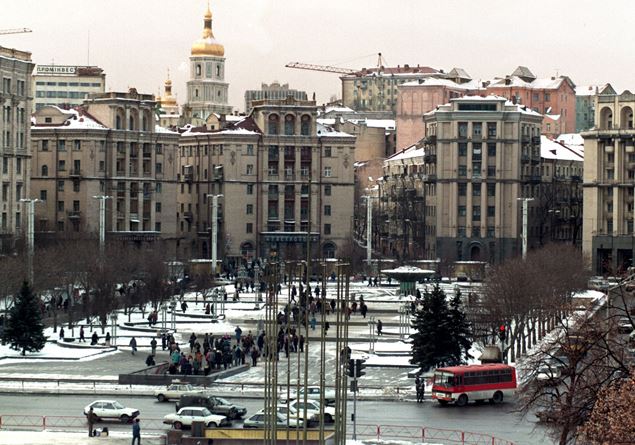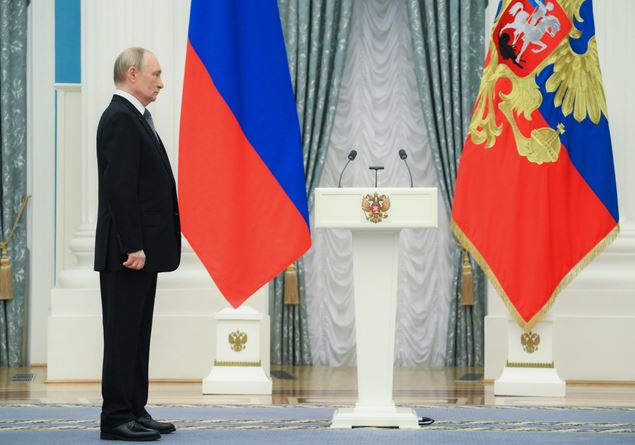It was March 26, 2000 when Vladimir Putin was elected for the first time in the Kremlin, putting the foundations for a power that continued continuously for the following 25 years. A quarter of a century that saw Russia change radically, below an authoritarian and repressive drift that has transformed the Russian presidential elections into a regime event to strengthen its control over the country. When he won the elections in 2000, Putin was already an interim president from 31 December 1999 (after being prime minister).
Graduated in Law, later official of the KGB intelligence, the powerful Soviet secret services, after serving as a deputyon by the city of St. Petersburg, in 1996 Putin moved to Moscow where he became director of the FSB, The Federal Service for the safety of the Russian Federation, which had replaced the KGB. In 2008, not being able to apply for a third consecutive mandate as president (after the second term from 2004 to 2008), Prime Minister was designated by Delfino Dmitrij Medvedev, elected to Kremlin. In 2012 he came again for the presidential elections, obtaining the victory with 64% of the votes until 2918, After approving a constitutional reform that has lengthened the presidential mandate from 4 to 6 years. He then canceled the limit of two consecutive presidential assignments reserving the opportunity to apply in 2024 and again in 2030.
The third term was marked by Crimea crisis (in 2014), illegally occupied and annexed to the Russian Federation, by the military intervention in Donbas, The Region of East of Ukraine where an armed insurrection gave birth to the self -proclaimed secessionist republics of Donetsk and Luhansk supported and financed, in fact, by Moscow. Elected again in 2018 for another six years, In 2022 Putin ordered the vast military invasion of the Ukrainian territory by unleashing the bloody war that has been going on for over three years. An immanent tragedy that brought Ukraine. The 2024 elections, stained by strong accusations of fraud, confirmed it as widely predictable to power for the fifth mandate, the third consecutive.
In these 25 years Vladimir Putin has gradually established an increasingly authoritarian, dictatorial regime, founded on the cult of the leader, of the strong man in command, on the increasingly rigid control of the mass media and on the repression of any form of dissent. Those who oppose Putin’s power are imprisoned with some accusation built artfully, reduced to silence, often killed. Since the war in Ukraine broke out, defined by Putin “special military operation”, It is forbidden to speak of “war” and those who express their dissent and denounce the crimes committed by Moscow forces on the Ukrainian territory risks being persecuted and arrested. Currently, according to the NGO Memorial, there are just under 700 political prisoners in Russian prisons, but there could be many more. The most famous case of dissident who paid with life the courage to oppose the regime is that of Aleksej Navalny: The activist who died in an Arctic criminal colony where he was serving 19 years in prison. The opposition believes that Cremilino is directly responsible for his death. And his battle today is carried out by his wife Yulia and daughter Daria who collected his political inheritance.
(Ansa photo)








